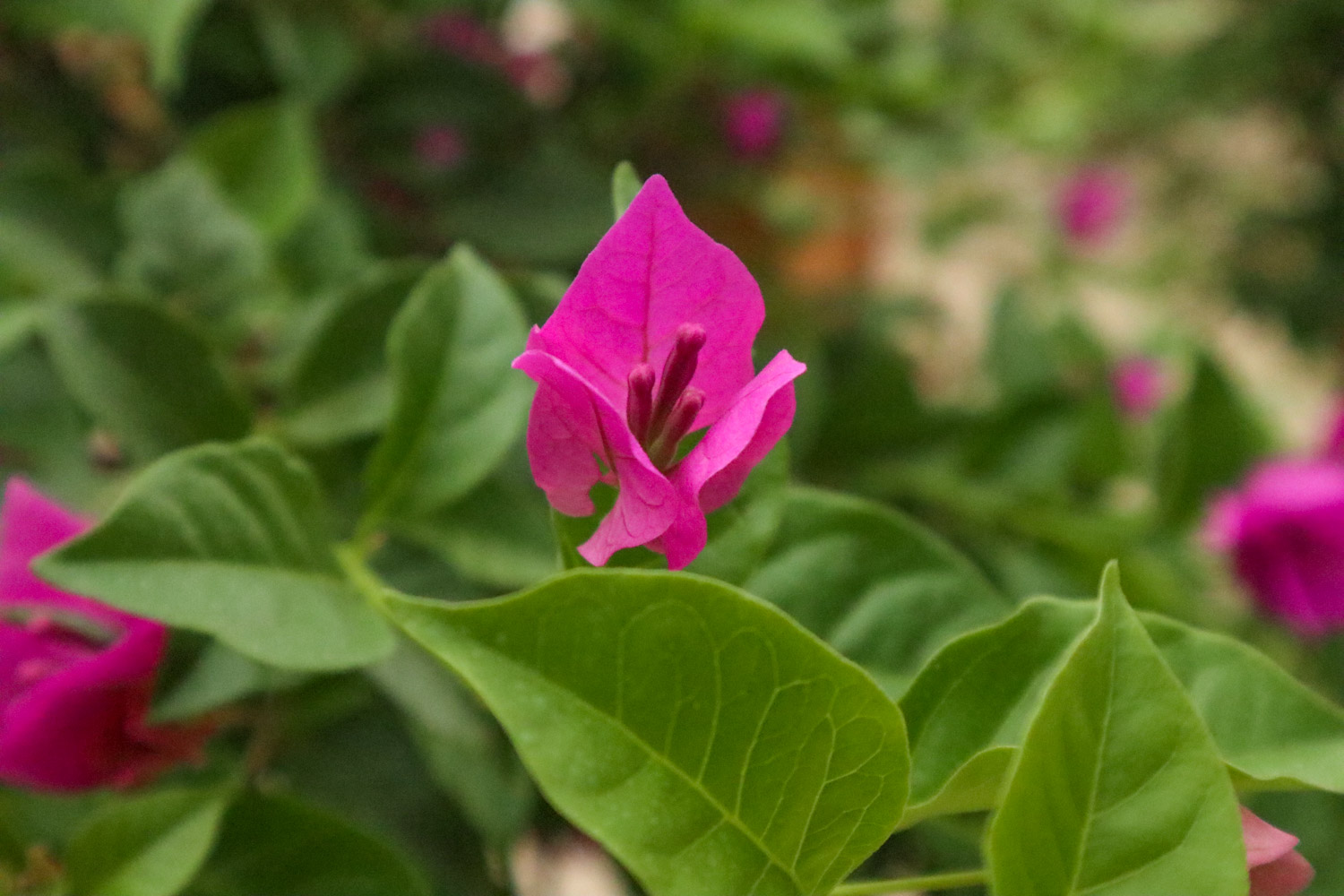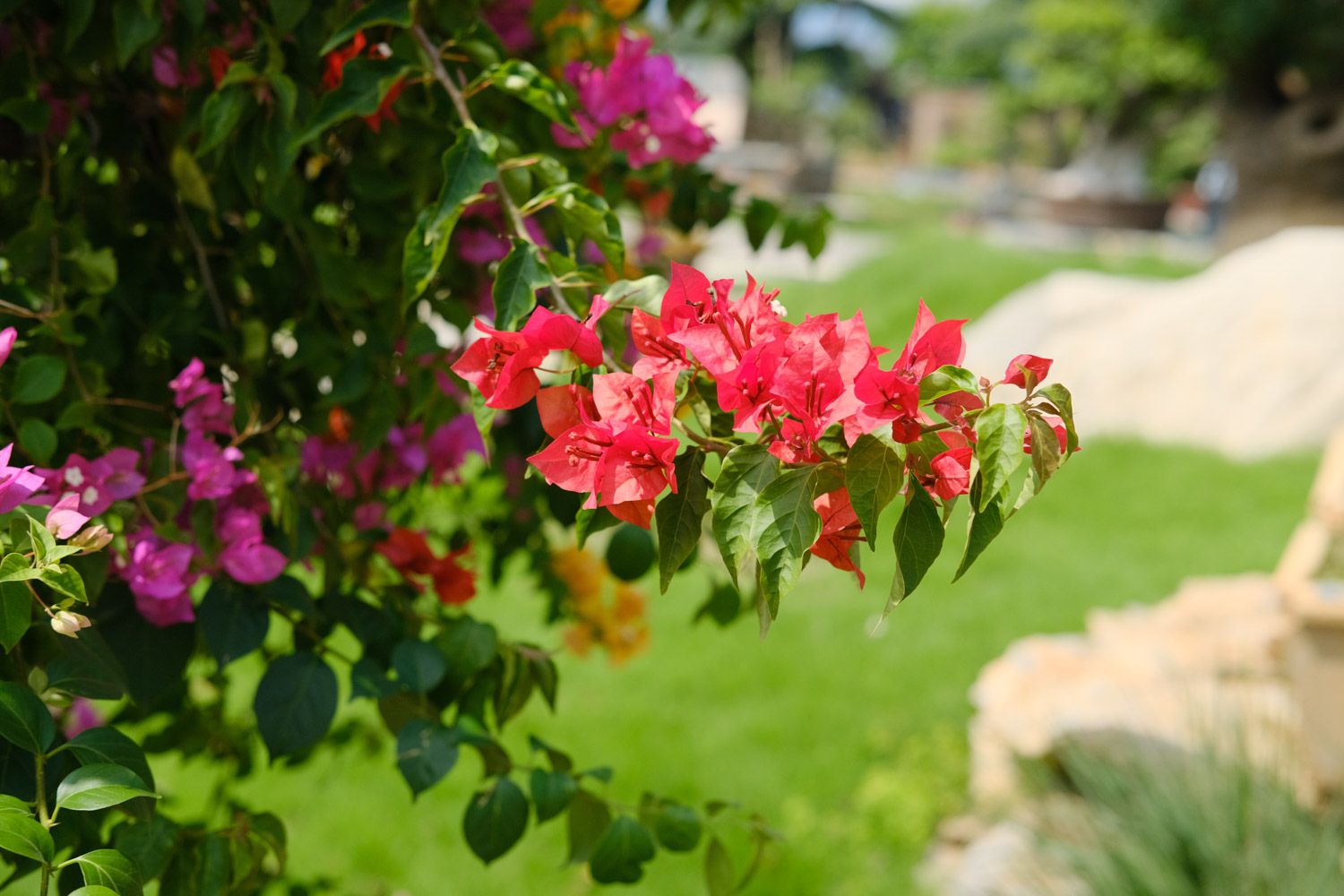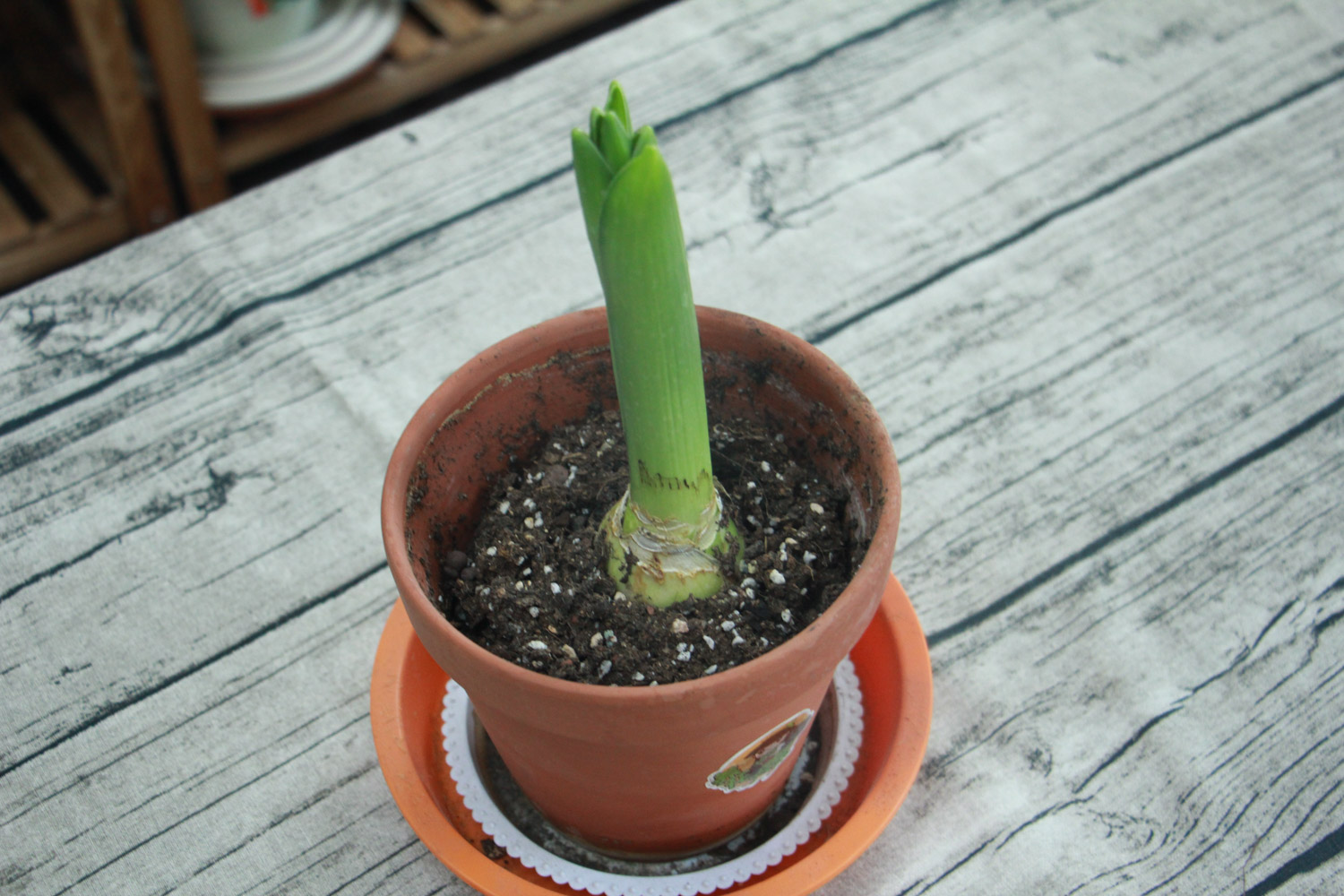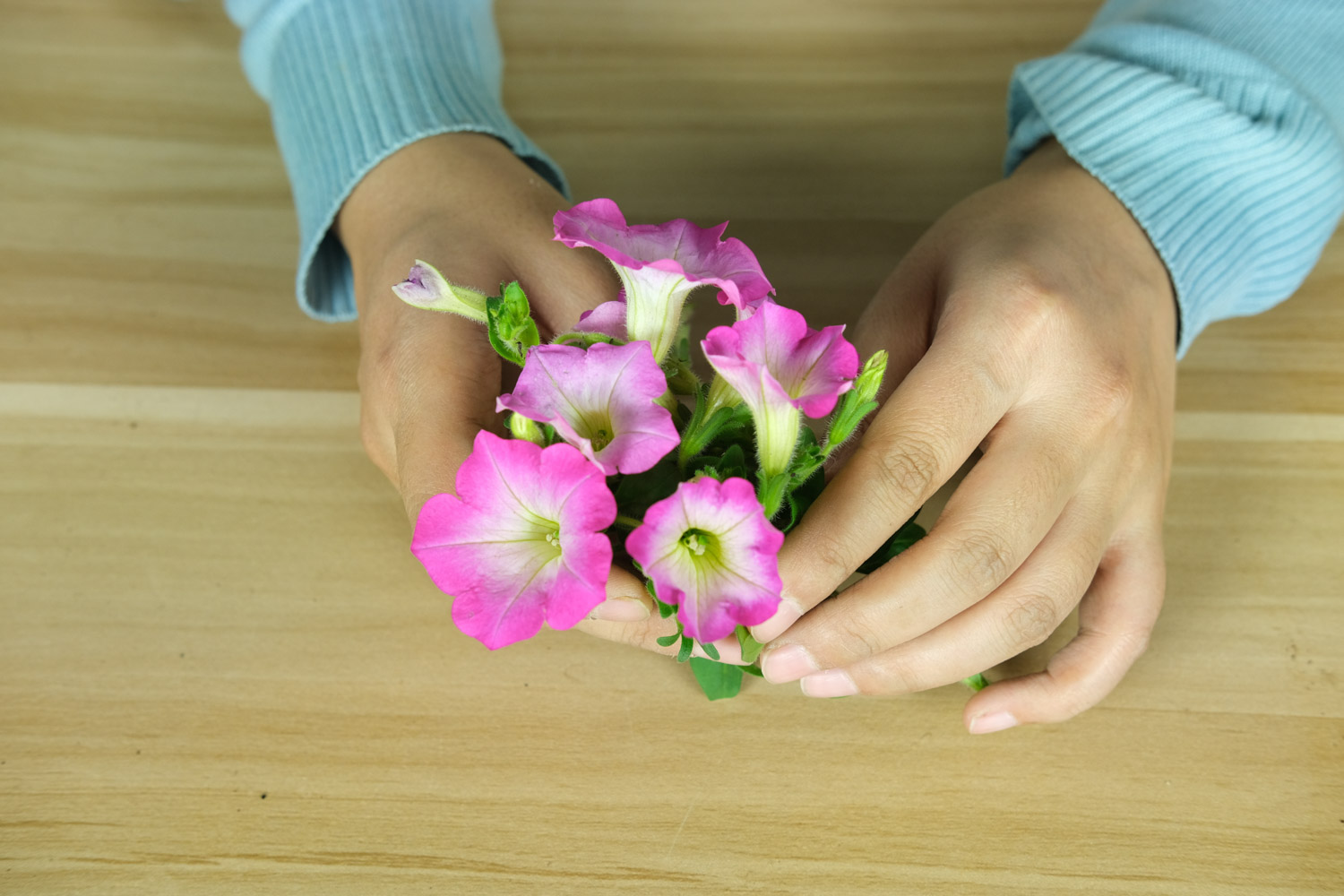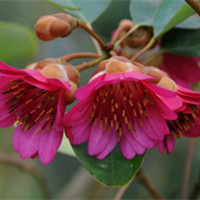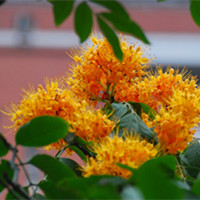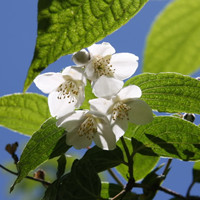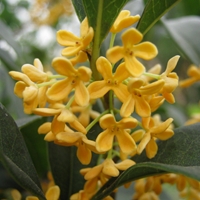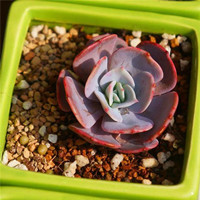Another name of hongfantai Pavilion
The pink terrace Pavilion is also called the pink terrace Pavilion
Morphological characteristics of hongfentaige
The stem is strong and will elongate slowly with growth. The leaves are arranged in a rosette shape, and the plant diameter can reach more than 10cm. The blade is spoon shaped, the base is narrower than the apex, and there is a concave mark in the middle of the blade, which is connected from the tip to the base of the blade
The leaf tip will turn red in sufficient sunlight. The new leaf color is light to blue and white, and the old leaf color is deep to purplish red. It may have dark red spots, and the leaf changes color from the edge to the base
The leaves are covered with a thin layer of gray powder. When there is a large temperature difference between strong light and day and night, or in the low temperature period in winter, the leaf color will be dark red, and when there is weak light, the leaf color will be light blue-green and the leaves will be spread out
Growth habit of hongfentaige
Temperature: Red Pink Taige likes a warm, dry and sunny environment. It is slightly cold resistant and can grow slowly at a temperature of about 0 ℃ in winter
Summer maintenance: dormant in summer (those who adapt well to the growth environment can still grow slowly), with little or no water supply. After the temperature decreases in the middle of September, the watering frequency will gradually increase
Maintenance skills of hongfantaige
Moisture: watering is generally carried out after the basin soil is dry. Do not drop water to the leaf center, otherwise it is easy to cause decay
Nutrients: apply fertilizer once a quarter, and select multi meat long-term fertilizer
Breeding method of hongfentaige
Hongfentaige can be inserted by branches and leaves, or propagated separately. It can be carried out all year round
Suggestions for planting combination: stone lotus of Lu and queen violet

